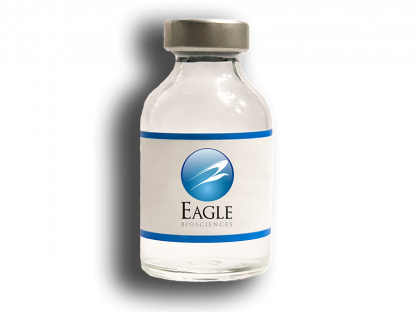Monoclonal Rabbit Anti-Human Ki-67 Antibody
The Monoclonal Rabbit Anti-Human Ki-67 Antibody is For Research Use Only
Clone: IHC167
Source: Rabbit Monoclonal
Positive Control: Tonsil
Localization: Nuclear
Background
Ki-67 is a nuclear, non-histone protein that is expressed only during active phases of the cell cycle (G1, S, G2 and M), but not in the resting phases (G0 and G1 early phase). Although the antigen has also been associated with ribosomal RNA transcription, it is strongly linked to cell proliferation and has thus been indicated as an effective marker in grading the proliferation rate of tumours, including those of the brain, breast, cervix, and prostate.
Antibody Principle
Visualization of the antigen present in tissue sections is accomplished in a multi-step immunohistochemical staining process, in conjunction with a horseradish peroxidase (HRP) or alkaline phosphatase (AP) linked detection system. The process involves the addition of the stated antibody (primary antibody) to a tissue slide, followed by a secondary antibody (linked to an enzyme complex) which specifically binds to the primary antibody. A chromogenic substrate is then added which reacts with the enzyme complex, resulting in a colorimetric reaction at the site of the antigen. Results are interpreted using a light microscope.
Related Products
Monoclonal Mouse Anti-Human BRAF V600E Antibody
Monoclonal Rabbit Anti-Human Estrogen Receptor Antibody


